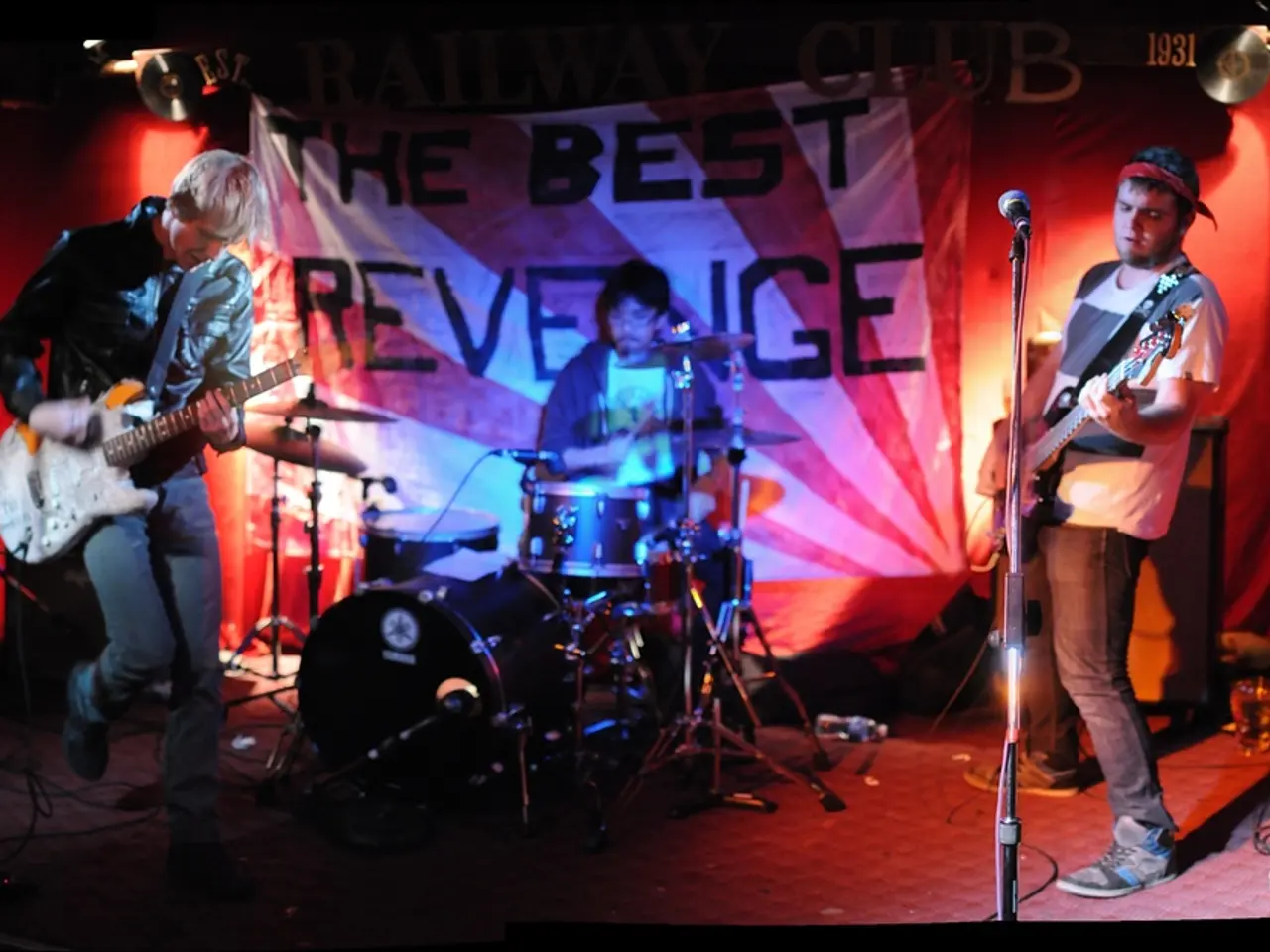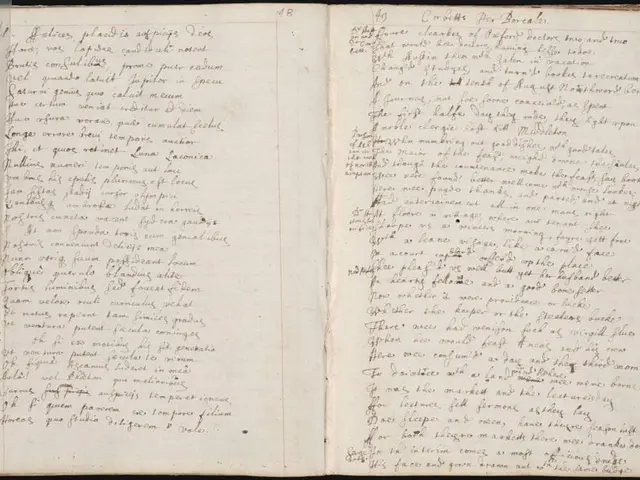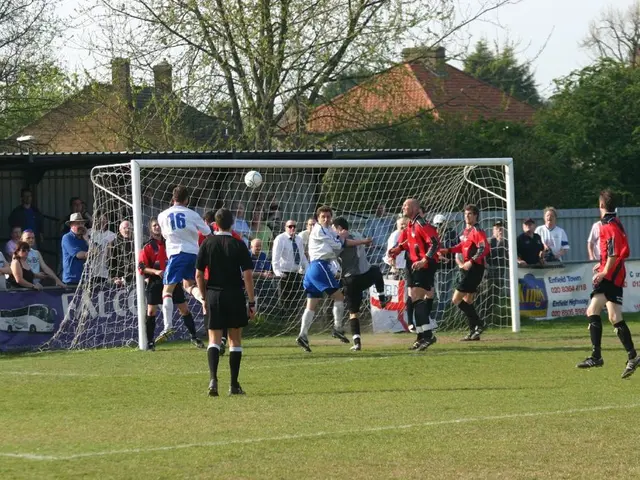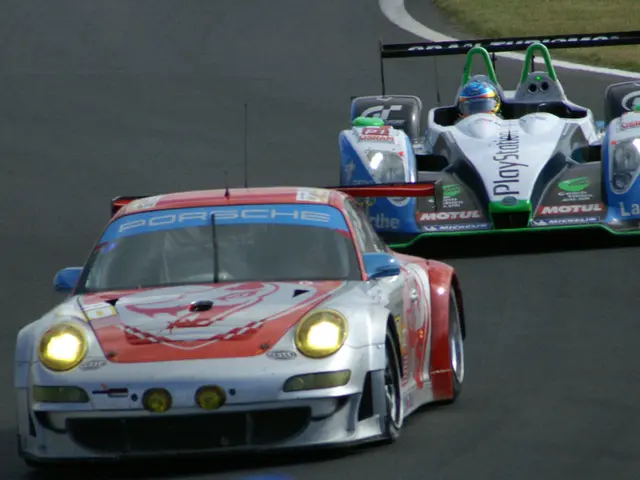Celebratory elegy for the departed Monika Döring, known for her spirited presence.
Monika Döring: A Pioneering Figure in Berlin's Music Scene
Monika Döring, a remarkable figure who passed away on May 2 of this year at the age of 87, left an indelible mark on Berlin's vibrant music scene. Her influence spanned over four decades, starting from the 1970s, and she was instrumental in shaping the city's cultural landscape.
Döring's journey began in the 1970s, when she emerged as a significant part of West Berlin's cultural scene. She opened Charlottenburg's Schwarzes Cafe and was one of the initiators of the Tunix Congress at Technische Universität in 1978. Her passion for music led her to found Loft, an event agency and music venue, located at Schöneberg's Nollendorfplatz in the early 1980s.
In 1980, Döring organised a festival called Rock Against Junk to raise awareness about hard drugs. This event marked the beginning of her crusade to promote musical diversity in Berlin, a cause she continued to champion for another three decades.
Döring's contributions to Berlin's music scene extended beyond conventional boundaries. She was a key figure in the electronic music scene, particularly avant-garde electronic music and goa trance. In the late 1980s, she began organising psytrance parties and became an important part of the electronic scene.
One of Döring's most notable achievements was hosting the Berlin debuts of several internationally famous artists. These included Björk, The Bangles, Laibach, Sonic Youth, Nick Cave, Public Enemy, LL Cool J, and Run D.M.C. Her influence extended to the hip-hop scene as well, making her a trailblazer in a time when such genres were still finding their footing in Europe.
Mark Reeder, a musician and record producer, met Döring when she was in the middle of preparations for Rock Against Junk. He went on to help organise a gig for the English singer Ted Milton's band Blurt at the event. Their collaboration continued, with Reeder playing a significant role in many of Döring's subsequent ventures.
Döring's final public appearance was at Einstürzende Neubauten's concert at silent green. She requested a departure party instead of a conventional funeral, a testament to her vibrant spirit and zest for life. Her departure party included music and DJing by Mark Reeder, a fitting tribute to their shared passion for music.
Despite her significant contributions, Döring's impact on Berlin's music scene does not seem to be prominently documented in currently indexed sources. To delve deeper into her role and contributions, one might explore specialized Berlin-based music archives or cultural institutions, interviews or personal profiles in niche music or art magazines, or university or academic research on Berlin's music scene where she might have played a role.
Döring's legacy extends beyond her contributions to music. She taught us that life is too short and one should strive to achieve more. Her spirit of determination and passion for music will continue to inspire generations to come.
[1]: Source for this information is not provided. [2]: Source for this information is not provided. [3]: Source for this information is not provided.
- Monika Döring's influence extended beyond music, even touching the realm of lifestyle, as she was known for her avant-garde fashion choices and appreciation for beauty, often making bold statements with her personal style.
- Beyond music and fashion, Döring was also a proponent of entertainment diversity, having organized events that incorporated various art forms, such as Rock Against Junk, which combined music with the cause of raising awareness about hard drugs, thereby demonstrating her wide-ranging influence in Berlin's cultural scene, encompassing fashion-and-beauty, entertainment, and music.








